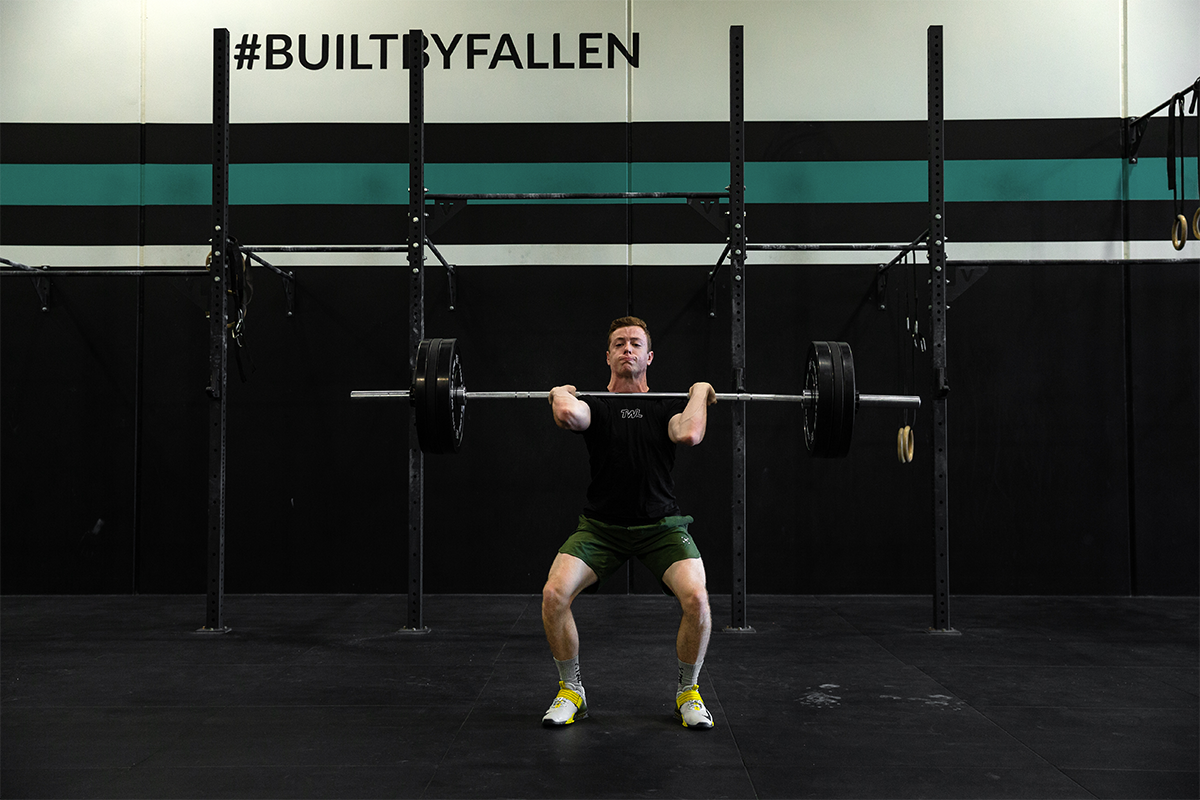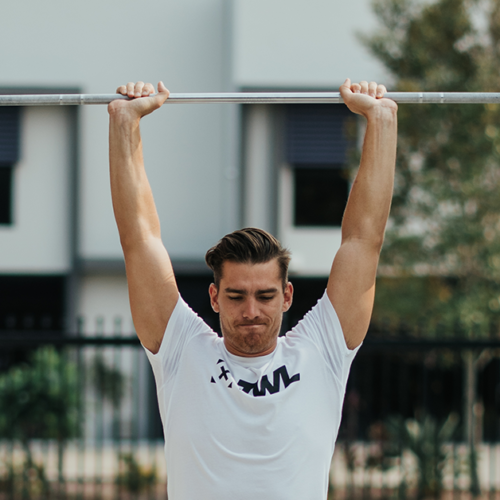Are you missing lifts? Is it okay to miss your lifts? That depends on the rate at which you miss — there is a fine line between working through missed lifts and simply practicing poor habits.
We’re going to talk about missing lifts like snatches, cleans, jerks and squats. These are technical. They rely on coordination and fine technique to succeed. Compare these to a deadlift or press, which are usually missed because it’s just too heavy for you that particular day.
People tend to respond to missing lifts either by feeling doom and gloom or by reacting with frustration and anger. Which is better? Neither is ideal. First off, you should not be missing lifts on a regular basis.
People who are new to lifting: be patient! Stop overloading your bar and relying on your “talent” or grit, or whatever you think it requires to master big bars, and focus on practicing successful lifts.
If you miss lifts on a regular basis — let’s say between three and 10 on any given training day — you are training at too high of an intensity. Missing too many lifts doesn’t teach you anything; in fact, it reinforces your errors. Since the lifts rely so much on technique, you are probably in need of a few adjustments.
Missing lifts now and then is good for you. Missing a lift at 93% is fine, as long as the errors can be corrected. There is an ideal way to react to a missed lift that helps you progress and prepares you for “real world” lifting.
Failure Versus Mistakes
Cutting the pull too short? This is such a classic example of a mistake that gets reinforced when you don’t know you are doing it. You might miss your bars over and over again when making this mistake. It is just that: a mistake, not a failure. Yet, it is so common to feel like a failure because you are missing an easy bar that you did months ago. This is a mistake that can be corrected with good coaching and programming. This miss teaches you what to work on, making it a great aid to your training. Lifting at or beyond 90% usually brings out weaknesses and bad habits. When you miss these lifts, you can learn to fine-tune exactly what you need.
On the other hand, it would be a failure to lift if you are not completing a pull because you are simply not yet able to make this lift. In cases where the bar is just too heavy, stop lifting! Know your limits. Unfortunately, you cannot rely on talent and grit to push you through a lift that is too heavy. Continuing to miss lifts because you are failing to make the lift at all is a bad way to miss.
Programming for Sets and Reps
A lot of programming these days takes a generic, one-size-fits-all approach. These programs are designed for the average lifter. That means that percentages, choices of lifts and the overall program is meant for no one and everyone. The pace, progression, intensity or volume of training may not be ideal for you on that particular day. You might have residual fatigue from a particularly difficult WOD days prior. For all of these reasons, it is important to pay attention to your body and make adjustments to your programming that make sense for you.
Why did you miss that lift? Should you continue to load up? Should you add another set? Should you repeat your bar or just call it a day?
The answers to these questions will give you a clue as to what to do next and how to adapt your program to fit your real life situation. If you are lucky enough to have an experienced coach or training buddy to help, you can ask for a critique on speed and technique.
Finally, missing a lift now and then teaches an athlete to brush it off and move on. In a competitive situation, if you miss a lift and let it get to your head, you will react by either getting mad or losing your confidence. Both reactions are high risk for losing focus and missing more lifts.
Missing a bar here and there is a part of the game. Get used to it, learn from your misses and move on! Missing lifts provides good insight into what is going wrong and what you could improve upon — even if that means reducing your load that day and practicing with a manageable weight rather than setting a personal record.

















